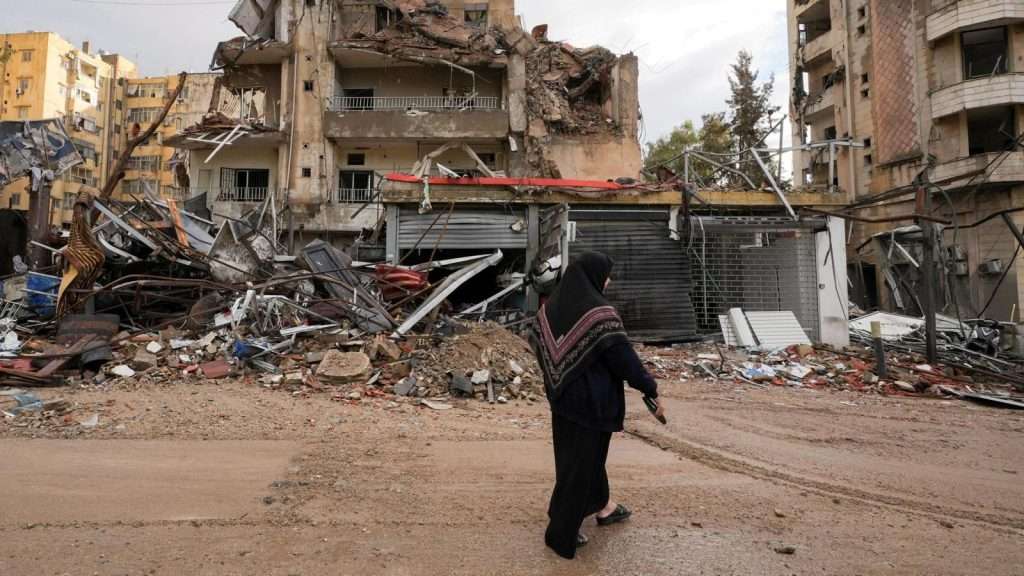Israel vows more strikes on Lebanon unless Hezbollah disarms

Israel said on June 6th that it will continue launching strikes on Lebanon until Hezbollah lays down its arms, after an attack on Beirut, Al-Monitor via AFP reported.
Leaders of Lebanon have said Israel’s military activity is a massive breach of the November ceasefire. The attack took place on the eve of Eid al-Adha, a key Islamic festival.
On May 22nd, Israel conducted multiple air strikes over southern Lebanon, escalating its military actions before key local elections, according to Maghrebi.org via The National. One major strike targeted a structure next to a main road in Toul, northwest Nabatieh. Although no casualties occurred, the building suffered severe damage and was in flames, according to social media footage.
The UN Special Coordinator for Lebanon stated on X that the recurring strikes “generated renewed panic and fear on the eve of Eid Al-Adha.” The BBC reported on June 5th that Jeannine Hennis emphasised diplomacy’s role in solving “disputes or threats.” She also stressed that diplomacy prevents “unnecessary and dangerous escalation.”
Israel’s military said the attack targeted the drone factories of Hezbollah. Defence Minister of Israel, Israel Katz, said: “There will be no calm in Beirut, and no order or stability in Lebanon, without security for the State of Israel.”
Under the truce, Lebanon needs to disarm Hezbollah, which once had more arms than the state. Hezbollah started months of deadly cross-border strikes by attacking northern Israel. It defined it as a demonstration of unity with its Palestinian ally Hamas after the October 7th 2023 attack.
According to The Guardian on June 5th, The Israel military declared: “Following Hezbollah’s extensive use of UAVs as a central component of its terrorist attacks on the State of Israel, the terrorist organisation is operating to increase production of UAVs for the next war.” The forces described the acts as “a blatant violation of the understandings between Israel and Lebanon.”
Al-Monitor via AFP, BBC, The Guardian, Maghrebi.org via The National
Want to chase the pulse of North Africa?
Subscribe to receive our FREE weekly PDF magazine












